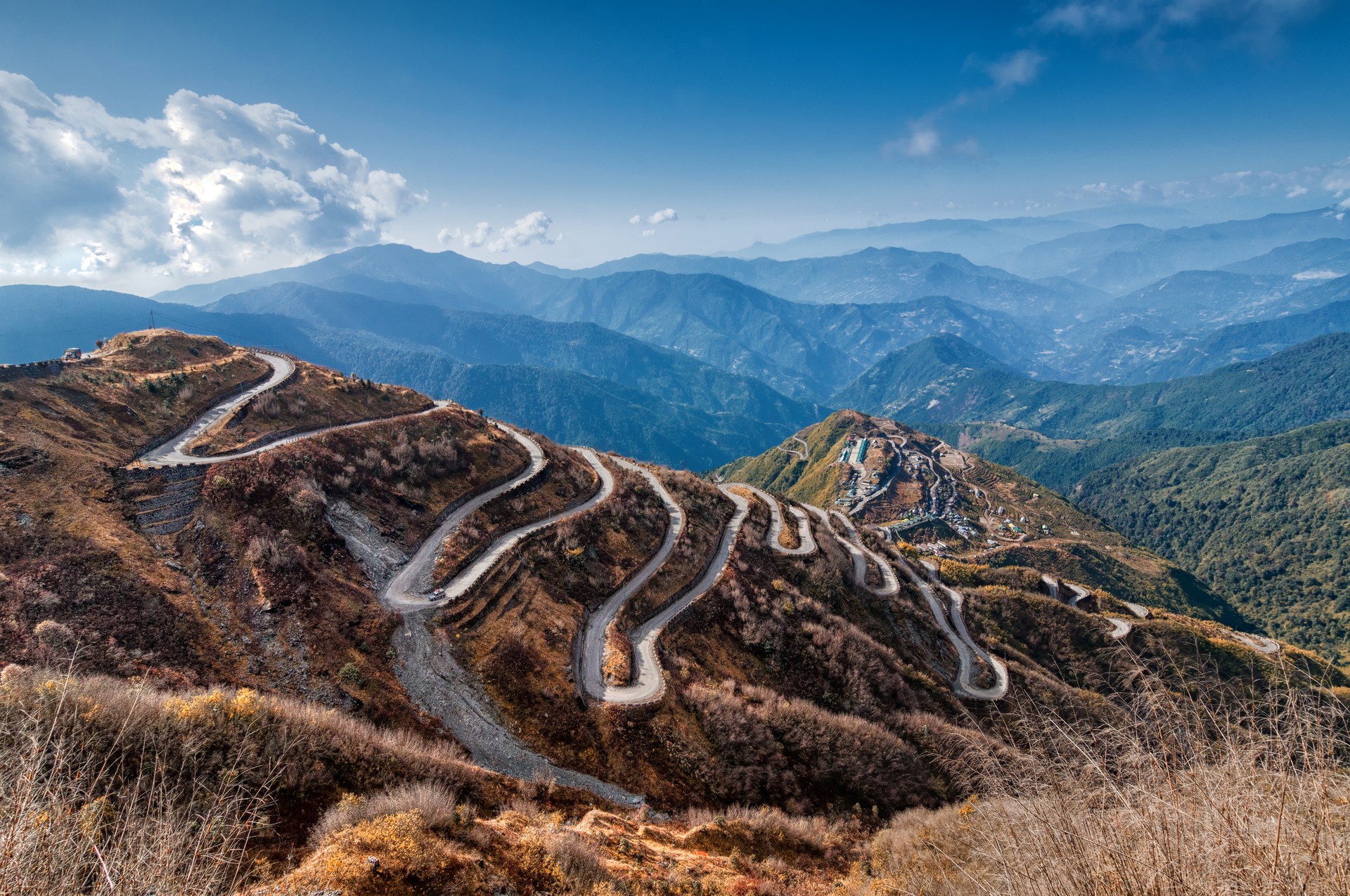The wonderful wildlife of Madagascar
January 17, 2026

In this blog, we spotlight 10 remarkable people who shaped the Great Game, explorers, spies, diplomats, and eccentrics whose daring, brilliance, and sometimes brutal actions defined one of history’s most fascinating imperial struggles.
A restless Russia sparks anxiety across Europe, probing borders, spying on neighbors, and testing the nerves of rival powers. In response, nations scramble to contain its ambitions and defend their own spheres of influence. The buffer zones separating these adversaries grow narrower, tensions escalate, and patriotic fervor sweeps across populations. It sounds like a modern headline, but this is the 19th century. Welcome to The Great Game, the shadowy, high-stakes rivalry between the British and Russian Empires, fought not on open battlefields but through espionage, diplomacy, and ambition across Central Asia. Though rooted in the Victorian era, its name lives on today as shorthand for geopolitical maneuvering without full-scale war.

To help you dive into this extraordinary chapter of imperial history, we’ve spotlighted 10 remarkable individuals who helped shape the Great Game, a geopolitical struggle packed with adventure, espionage, and cultural clashes across Central Asia. Their stories reveal a world of high drama, heroism, and brutal consequences in the shadowy contest between Britain and Russia.
1. Dr. William Brydon: The First Anglo-Afghan War (1838–1842) ended in a catastrophic retreat for the British. Out of an entire garrison stationed in Kabul, only one man was said to have made it to safety in Jalalabad: Dr. William Brydon, an assistant surgeon. He later served in Burma during the invasion of Rangoon and eventually retired to the Scottish Highlands, where he died peacefully in 1873, a rare quiet end for a man who survived so much.
2. Sir Alexander Burnes: Known as “Bukhara Burnes” for his daring journey to the fabled Khanate of Bukhara, Sir Alexander Burnes was the British political agent in Kabul until his violent death in 1841. A brilliant linguist and explorer, Burnes gained fame for navigating uncharted territories, but also notoriety for his personal entanglements. He was killed by an enraged Afghan mob, reportedly made up of relatives of women he had consorted with.
3. Charles Stoddart & Arthur Connolly: The city of Bukhara, now in Uzbekistan, was both dazzling and deadly in the 19th century. British officer Charles Stoddart was sent there in 1838 to negotiate with the Emir, but instead was thrown into the infamous “Zindan” dungeon. In 1841, Arthur Connolly arrived to rescue him. Both men were publicly executed in front of Bukhara’s Ark fortress. A year later, eccentric Bavarian missionary Joseph Wolff journeyed to learn their fate. The Emir spared Wolff, partly because he found his priestly outfit so absurd it was amusing.
4. Nasrullah Khan (The Emir of Bukhara): Nicknamed “The Butcher,” Emir Nasrullah Khan ruled Bukhara with ruthless authority. He secured the throne by killing 28 relatives and personally beheading three brothers. To ensure no dishonor came to his family after his death, he ordered the murder of his wife and daughters. His reign cast a long, violent shadow over the region.
5. Mohan Lal: British officers didn’t travel through Central Asia alone. Mohan Lal, an Indian diplomat and polyglot, was a key figure in Britain’s efforts during the Great Game. Fluent in Persian and deeply familiar with local customs, he was Alexander Burnes’ political assistant in Kabul. Unlike his superior, Lal survived the 1841 uprisings and continued sending critical intelligence to British authorities in Calcutta.

6. Konstantin von Kaufman: To many in Britain, General Konstantin von Kaufman embodied the advancing Russian menace. As the first Governor-General of Russian Turkestan, he led military campaigns that captured major cities like Samarkand. Under his leadership, Russian influence expanded rapidly, leaving a legacy of new urban quarters alongside ancient Central Asian cities.
7. Rudyard Kipling: Born in Bombay in 1865, the same year Russia seized Tashkent, Rudyard Kipling became the literary voice of the Great Game. His novel Kim (1901) is perhaps the definitive fictional account of the era, following a young orphan turned British spy through the backroads of British India. Blending espionage with Eastern mysticism, Kim captured the intrigue and complexity of a world in flux.
8. Francis Younghusband: Part soldier, part spy, part mystic, Francis Younghusband was one of the Great Game’s most complex characters. He explored Central Asia, met Russian rival Bronislav Grombchevsky in Kashgar (over shared vodka), and later led a brutal British expedition into Tibet. In his later years, he turned to spiritual philosophy, preaching a vague but passionate belief in human divinity.
9. George and Lady Catherine MacCartney: George MacCartney, Younghusband’s translator and travel companion, became British Consul-General in Kashgar, a vital outpost in the Great Game’s final acts. But it was his wife, Lady Catherine MacCartney, who stole the spotlight for modern readers. Her memoir An English Lady in Chinese Turkestan details their life at the Chini-Bagh residence, where she created an elegant garden and even had a grand piano hauled over the Karakoram mountains, all in the name of hospitality.
10. Aurel Stein: One of the MacCartneys’ most distinguished guests, Sir Aurel Stein was a legendary archaeologist and explorer. While officially mapping the region and studying ancient Buddhist texts, he was also furthering British strategic interests in western China. His most famous find was the Diamond Sutra, the world’s oldest printed, dated book, discovered in the Mogao Caves of Dunhuang. He died in 1943 and is buried in the British Cemetery in Kabul.

Our local experts can help you explore the cities, landscapes, and stories that defined the Great Game. Whether you’re curious about the Silk Road, British legacies in Central Asia, or hidden corners of history, we’ll help you plan a journey worthy of the adventure. Get in touch today!
Explore all featured destinations
Join our mailing list for travel inspiration, trip recommendations, and insights from our local experts.